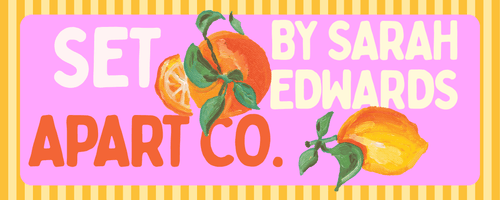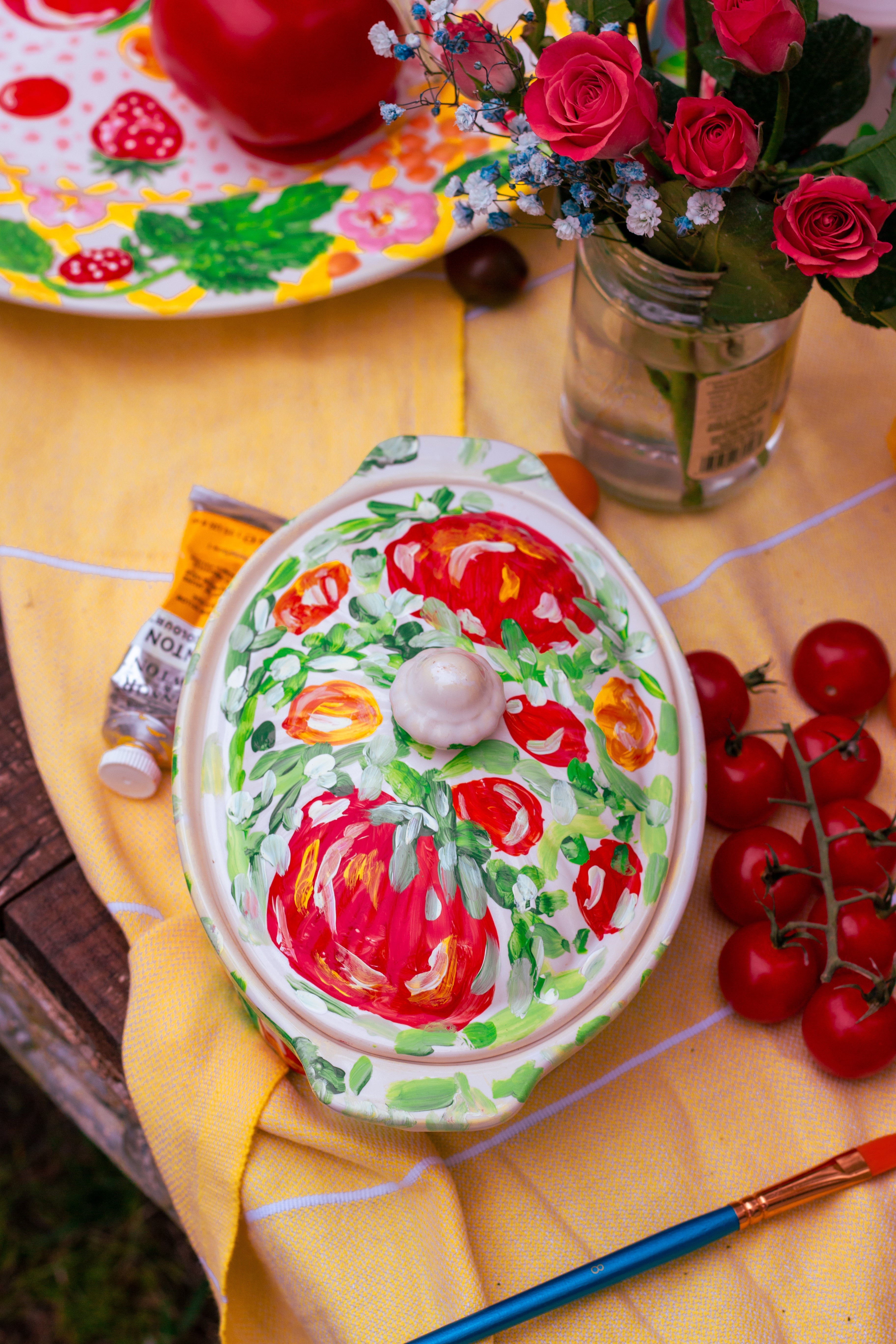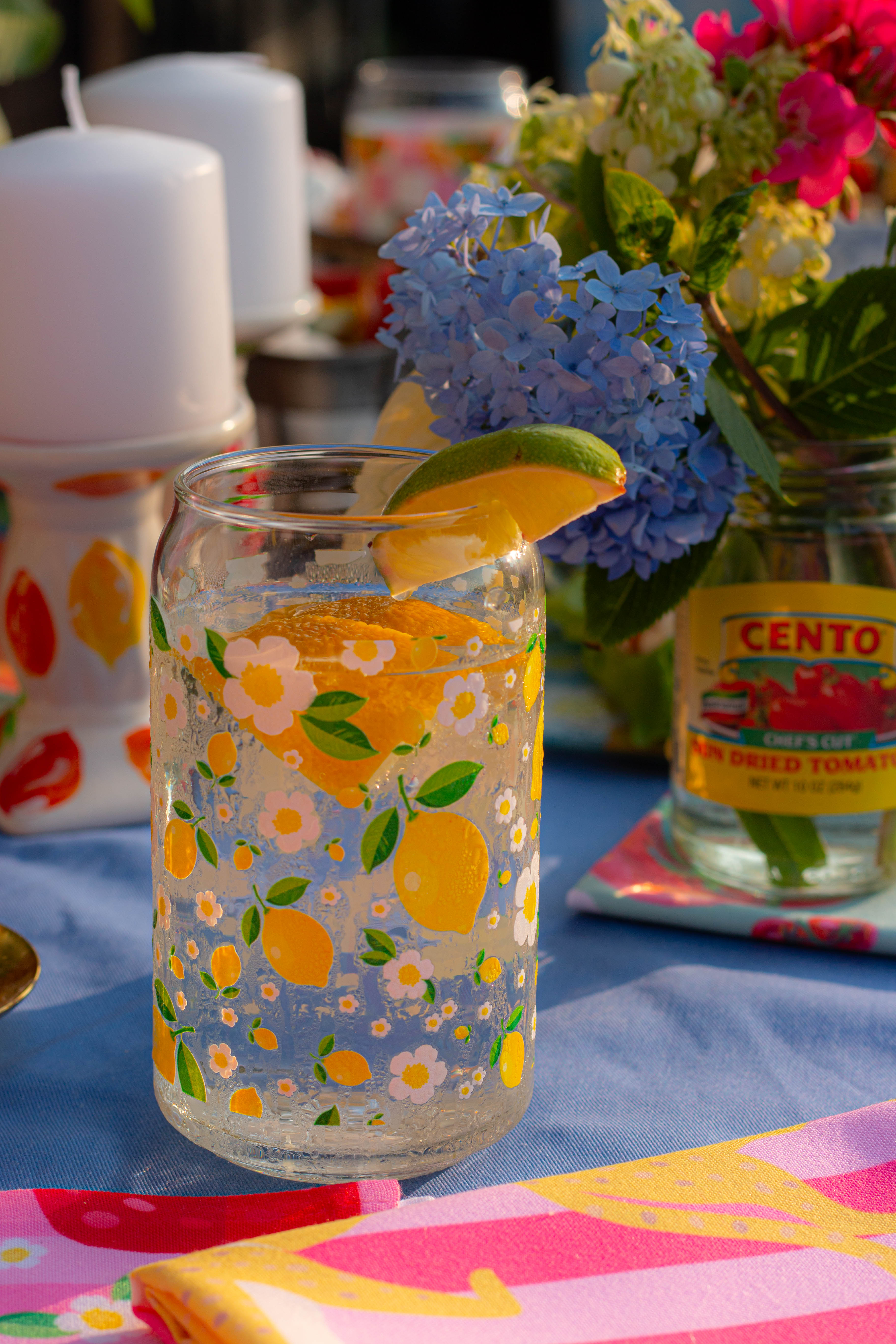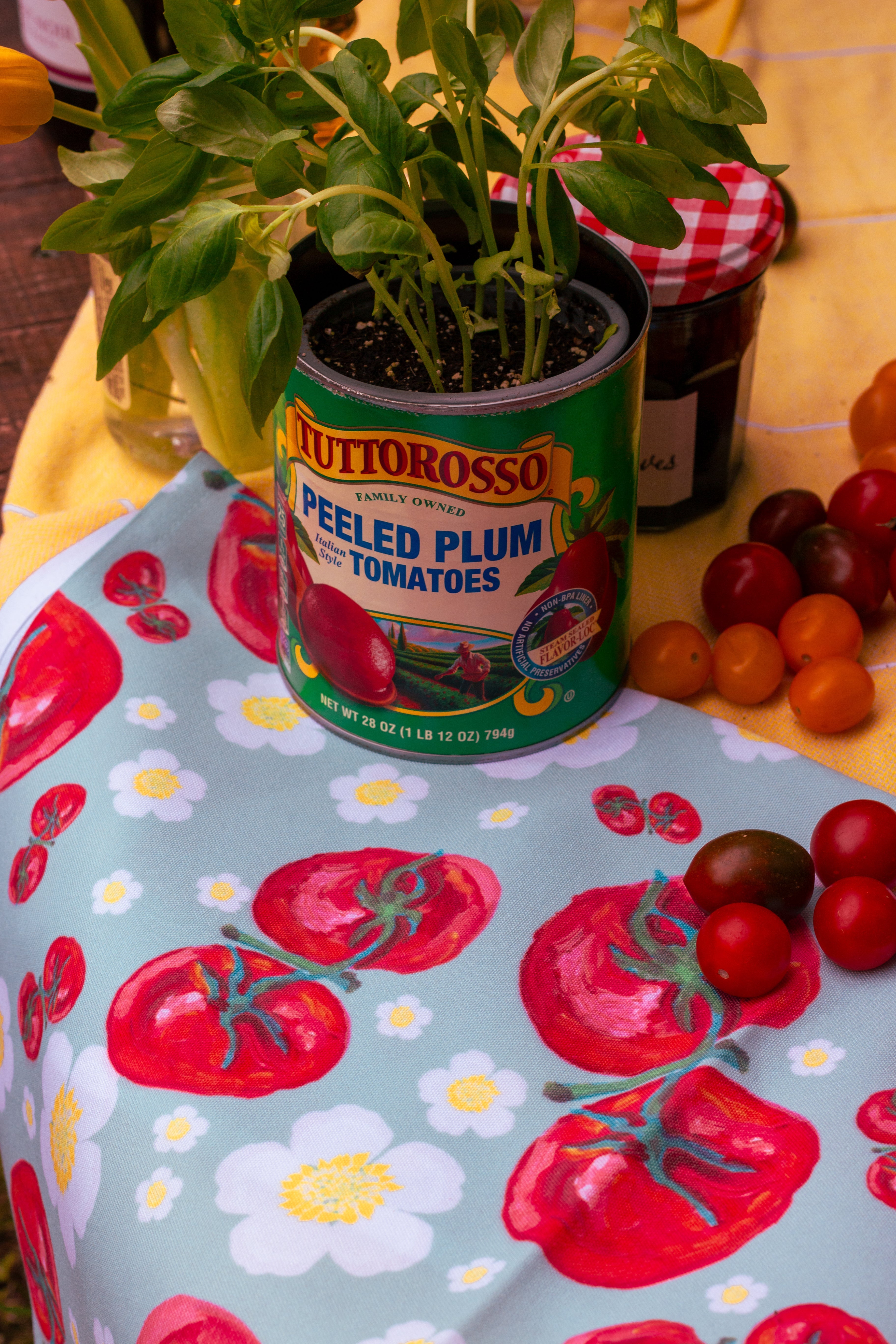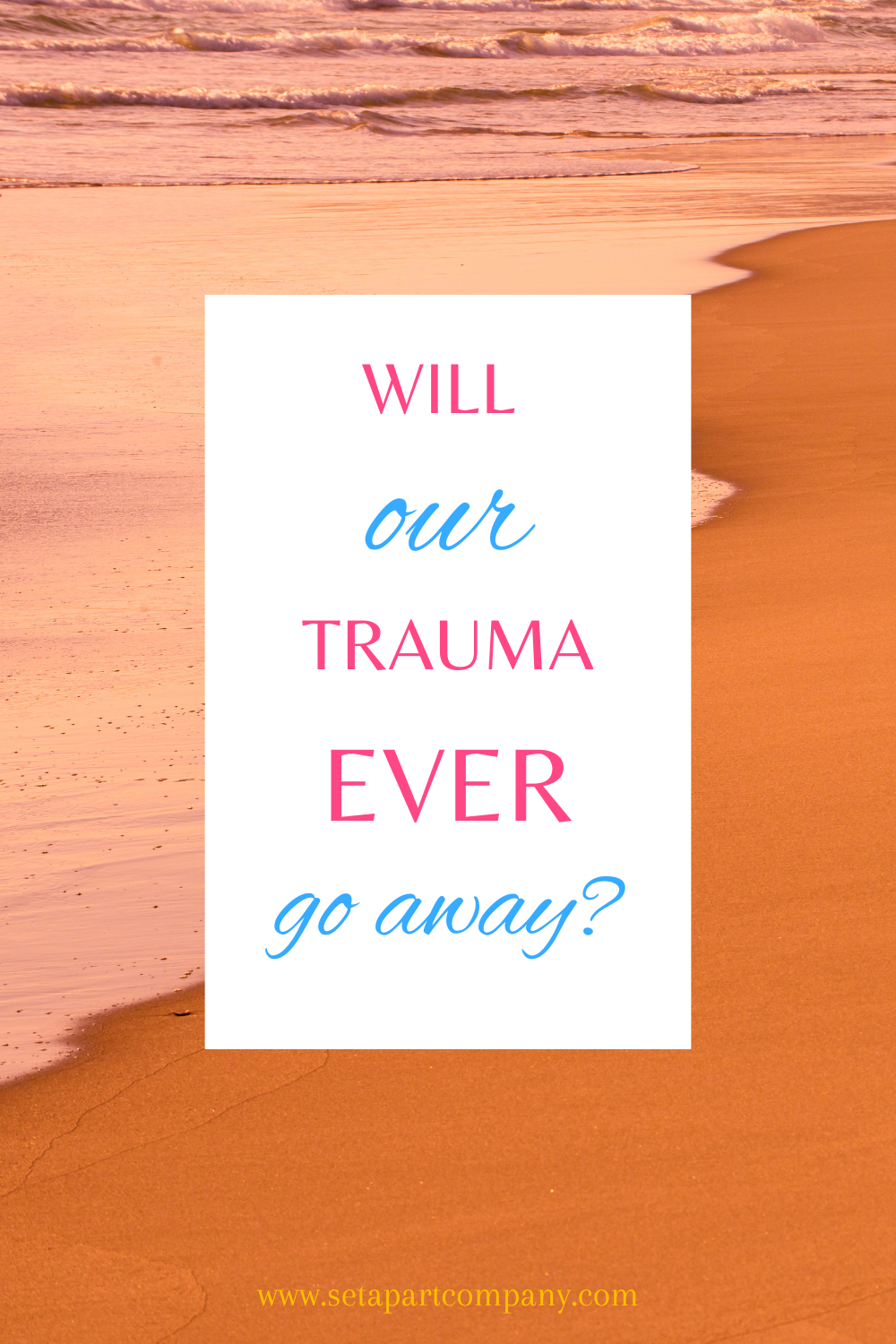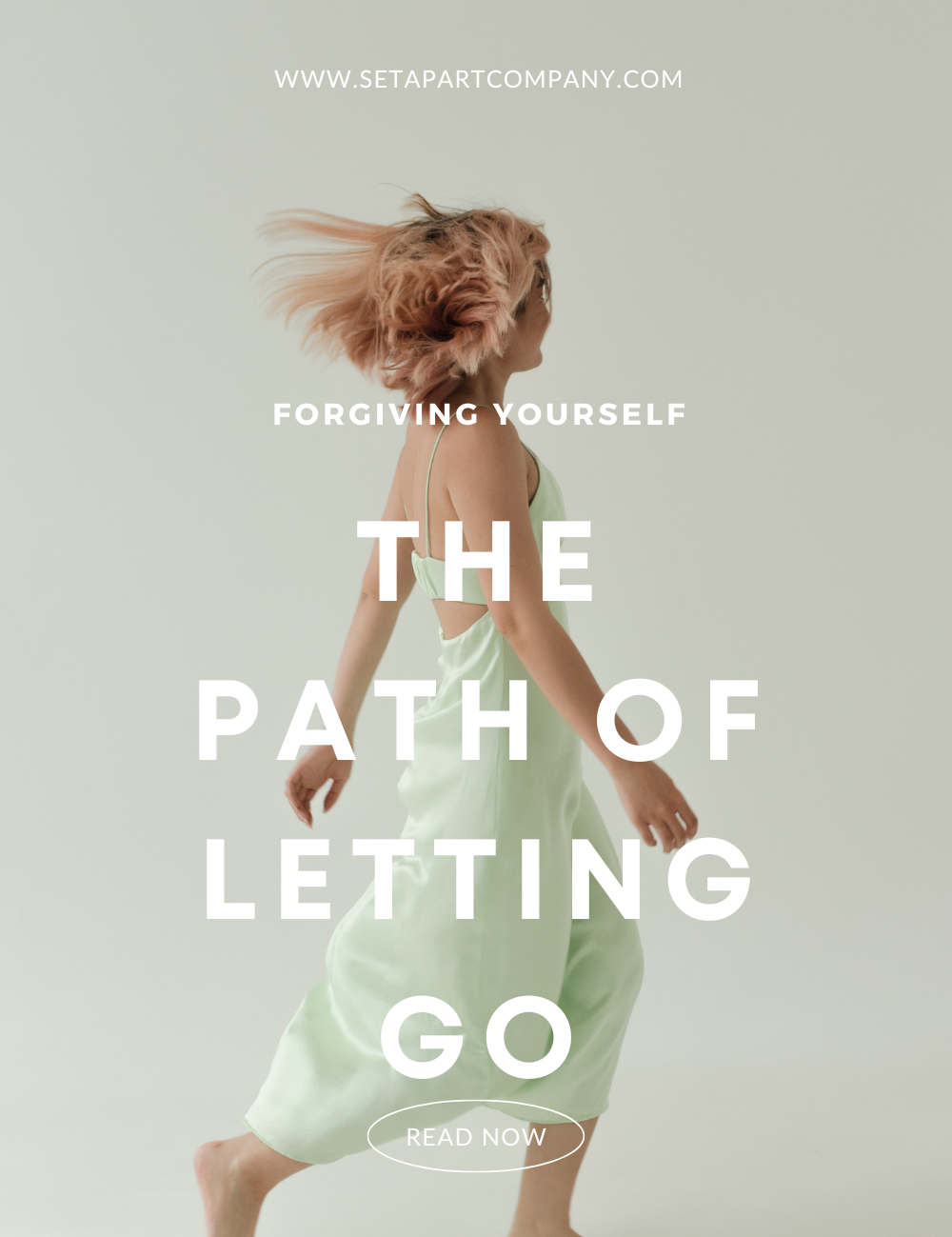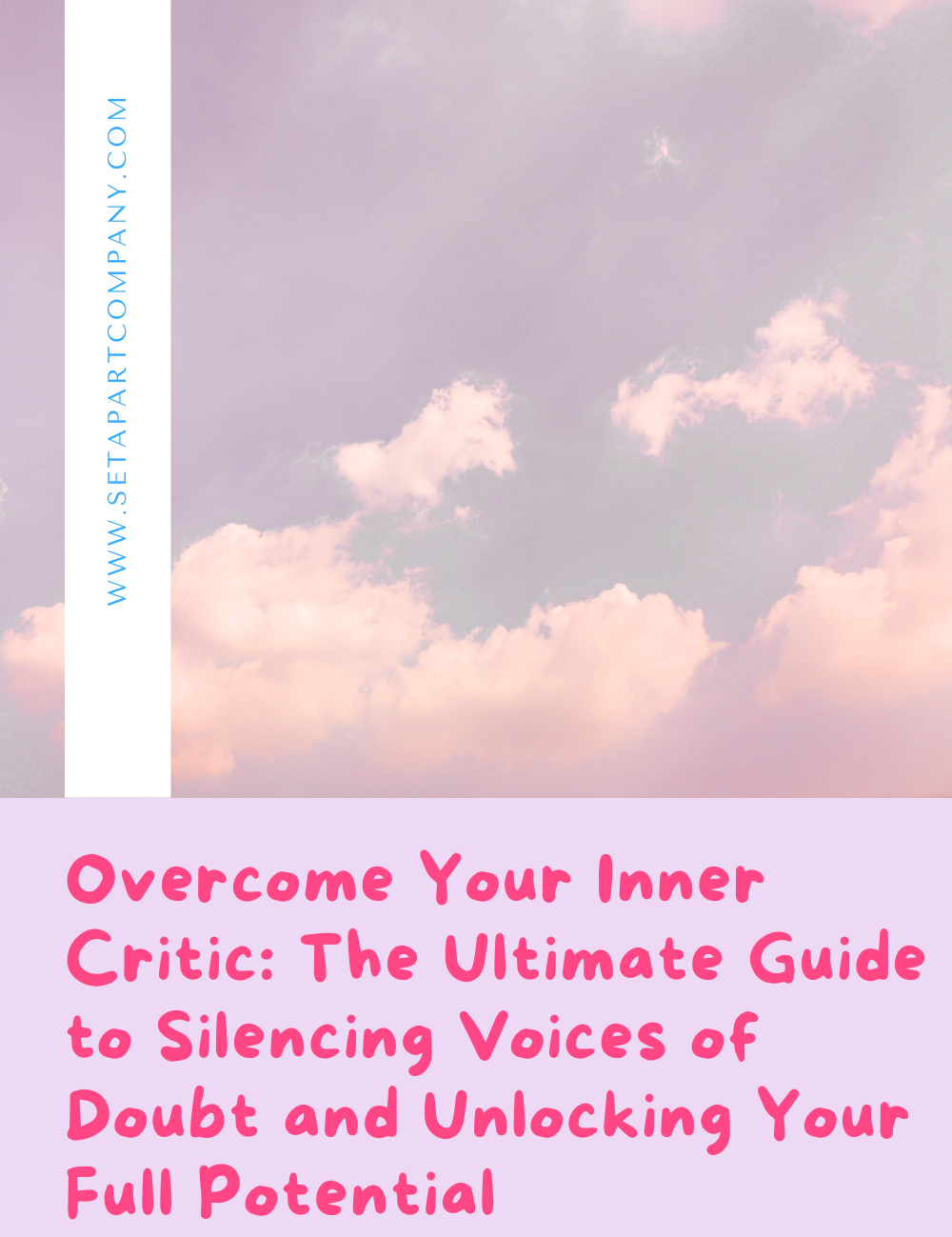Trauma. Perhaps you’ve heard of it. Maybe you’ve lived it, or are living in it.
Chances are you’ve read it in textbooks, or have seen this word (now arguably a buzzword), appear on social media. It’s a heavy word.
The kind of word when brought up in a social setting can cause a series of hushed whispers, or stunted sentences. Sometimes my lack of filtration system mixed with a cool glass of anxiety causes me to slip the word out when explaining my past.
Usually followed by an oh $h*t kind of emotion.
In my wrongfully placed embarrassment I would then proceed to take a shot of something (if available, or not at a kids party - which to be fair I am at a lot these days), or wilt away in some corner, conveniently near an exit if I needed to escape.
My therapist would later inform me that that reaction was one of “traumatic abandonment.” In summary - I can’t win, huh? Trauma, for me, increases my desire to be invisible.
Because I am either A, not worthy of being seen, or B, harmful.
Of course, now in my early twenties, I’ve decided I need to seek out some answers myself, and the quest started when my eighth therapist told me: “Sarah, did you know you have trauma?”
Have trauma? How can I? I haven't served my country in a warzone. I wasn’t abused by a partner. I’m not Catwoman mixed with her difficult and grueling childhood (though, sometimes I wish I could be) I know. But who wouldn’t love her outfit?
Yet, I thought the word trauma was only reserved for the extreme, right?
I wasn’t worthy of that word.
Yet the word kept coming up. A slow pushing course, like a constant river, kept popping up.
Convincing me I fit this definition by professionals and self-education alike. So I could no longer ignore it.
Once we identify a problem in our lives, a common second question we ask ourselves is, “how long will this last?” Usually to answer this question, we need to educate ourselves.
Regardless of your story, I think we all can agree we’ve lacked some general education on the matter - and if you’re privileged enough to have therapy, maybe you’ve gotten some crash courses.
Yet, so many of us live in the narrative of self-ruling that we don’t qualify for such a word.
But listen in: if you have mental health, knowing if you fit the definition doesn’t destroy your life, it enhances it. Hear me out.
It’s another tool in your tool belt, a different approach to your cognitive healing path, and a deeper walk into your faith. I am not a professional - so please don’t use this article as a means of self-diagnosis.
But I want to share my struggles as someone who was professionally deemed as having this set condition. This isn't to encourage the act of trauma - but the rigorous, and self-prioritization pursuit of identifying it.
Storytelling is how we broaden our understanding of each other. I don’t think normalcy exists - so it’s important to educate yourself on the spectrum of walks out there.
To start, the definition of trauma according to Emotional and Psychological Trauma published by HelpGuide.org, “Emotional and psychological trauma is the result of extraordinarily stressful events that shatter your sense of security, making you feel helpless in a dangerous world. Psychological trauma can leave you struggling with upsetting emotions, memories, and anxiety that won’t go away. It can also leave you feeling numb, disconnected, and unable to trust other people.”
To start, and in my own summary - I found myself disconnecting due to constant stress during my childhood that became a defense mechanism, a coping skill, that makes it hard for me to reconnect then and now.
This is exacerbating depending on the social situation or moment. I am someone who carries old wounds and open wounds. I am now someone who is hurt by certain activities that some others may deem as easy and simple.
There is no groundbreaking way to say what I am about too. It is not eloquent nor beautiful like fairy lights or freshly opened candles.
It’s a space, of which I can only put it bluntly: the simple things hurt in recovery.
Recovery - this present time I am spending working on acknowledging how my trauma impacts my present self: my moods, my relationships and my faith.
A few others I talk to run from this word. Or take personal offense, if they say they have had a hand in my childhood. It seems we’ve created a belief that denying our trauma, in ourselves or in our loved ones, can heal trauma, or cast it away from existence.
This is not further from the truth.
The same can be said about our sin, or ignoring the fact that there is an eternal Creator who sent his Son for salvation and eternal life. Sorry I had to slip it in here. There’s always room to preach the Gospel.
If I can throw anything in your face (besides the Gospel), it’s this: Please don’t let anyone else dictate a mental health exploration you may need to take.
If you want to learn about a certain treatment, or ask a professional about certain words or diagnosis processes - do it. Finding out more about yourself gives you power.
I overcame the bulk of my Harm Obsessive Compulsive Disorder (hOCD), because of educating myself. My undiagnosed, lifelong, OCD actually caused the majority of my psychological trauma.
Conversations, open research and storytelling can change that. Some of that lies on your shoulders. You are worthy of taking that first step.
So the question becomes: will our trauma ever go away?
First, here’s how my trauma impacts me, so you don’t feel alone. Remember, we’re all friends here. I’m also just one person. One light, but emphasis on one.
In its simple state, for me, trauma causes things.
Things that are uncomplicated to some people, then become complicated for me.
My brain seemingly complicates this out of previous pain. A warning alarm. Out of the fear of going through the trauma again. The detachment, the intrusive thoughts or the abandonment.
This deep, pitted, weight in your chest that causes your eyes to water if given too much attention. Sometimes walking doesn’t help, or cold water, or solitude or distraction. The therapy scratches the surface of it.
Other times it goes to the core. Sometimes, it just sits there, and for a second you wonder if your heart will forever hold this weight, as if it’s a form of damnation. Or a permanent appendage that is as useless as one's appendix but there nevertheless.
I had different weights before, but not this kind of weight - and sometimes I find myself desperate to relieve myself of it.
If you’ve had hOCD, or suicidal ideation, or any form of mental rumination you know what this means. At least in my case. Your mind begins to associate relief with self-harm.
So you panic, and you're further desperate to understand it. It took me many days to reflect on the reality that this newfound emotion is actually from my mental trauma, and while it may complicate simple things, it itself is not simple. You’re hurting from the hurting.
This new reality causes me to cry in bathrooms, or force me to excuse myself from dinner tables to defer a panic attack or turndown time with people despite having before been extroverted in nature.
When I saw this pattern for the first time, I was dumbfounded to realize that my body had these raw wounds I hadn’t been paying attention to before.
For people that have endured mental suffering over long periods of time, you and I, we’re so busy trying to heal and survive that we forget to have desires and happiness.
We triaged so often the small bullet holes were left unattended, and they’ve grown now - they might even be a bit infected.
What are some of my unattended bullet wounds?
- I am terrified and dread loneliness and abandonment. I have become dependent on some people.
- I am exhausted from just breathing, and cry often.
- I have shifted to an introverted lifestyle.
- I’m scared of making friends because I think they’ll leave.
- Envy plagues my heart and comparison more than ever.
- I breathe to please people even outside of my own desires and means because I am so terrified of being so covered in scars that I am unlovable even to an apparent “saint” of a human.
I didn’t know those moments and depths in recovery were leaving more bullet holes. The mental suffering was so deep, I couldn’t worry or dwell on the quote, “small or simple things.”
Then everything changed.
I didn’t know what love felt like, or true friendship, or Jesus. Now I know all three, and it’s filled voids I didn’t even know existed (and bullet holes).
The blindfold has been lifted. I see all the wounds now, big and small. I learned in this life the truth that because of my broken form I will never be fully healed. Sounds like a downer? No.
It’s a relief, a better understanding of the true expectation. I live in a world that drains my wallet full of many promises of being healed. To have a sense of ultimate beauty, worth and status.
But my faith debunks that.
You should alway strive to heal, to improve, to be sanctified. Acts 26:18. But, letting go of the full detachment of trauma allows you to devalue it.
To give it less power, and instead give more power to Christ.
I was so terrified of the voids leaking.
Leaking through my apparent unworthiness or incapabilities.
I was so self-conscious of these so-called flaws that I thought I needed to please everyone constantly, and felt desperate to be loved. These feelings reemerge from time to time. The silence gets too loud. Or I need reassurance. I know. This wasn’t the answer you were hoping for - but it’s an honest one.
Sometimes, I envy others. Others who have known love, friendship and Jesus longer. Others who seemingly, and from my lame, assumptious perspective, have less wounds and scars.
Especially others who are surrounded by more people, more friends, more happy memories. Those that can make silence look easy, and self-pleasure look accessible. The type of person that has happiness outside of another person entirely.
When we combine comparison, envy and pain we then think we’re disposable, broken beyond fixing.
So we look for every sign of being discarded. A misplaced word, a glance, a mimicking of replacement, of distance. You flitch when someone’s words brush your skin, because it feels like a deep cut.
You ask for reassurance, and fleetingly high expectations for the people you love to prove that they’ve got you, that they love you.
You ask at random moments, “Is it going to be okay?” Because your heart is about to explode from a loud voice that only exists in your mind.
Because the idea of knowing the difference between the before and recovery makes the idea of losing what fills the void unsurvivable.
I want to make this happy, not by pumping you with feel-good advice, this time, I wanted it to be happy - as in - relatable.
Because if you and I can see eye to eye, that means we’re not some outlier anomaly, that is truly unfixable, at a point of no return. It’s rather the opposite.
The awareness of our voids and pains grows us to new heights and gives us abilities beyond our previous comprehension.
You can use your bullet holes to your advantage. You’ve got them anyways, you can’t go back and change time, you don’t have the hand of God, so why not extract the positive pieces from them?
The lessons and the good moments and the strength. A type of mental agility that is that of an athlete. The type of athlete we don’t see on the hero posters, boxes of cereal or movie screens.
The athlete who knows what life is really like, and therefore, what it’s really about. So yes, in your recovery, in your mental health, yes, the simple things can hurt. But the simple things are so detailed and beautiful because of it, so now you’re alive.
Living a full life, with all the layers and feelings. The littlest of details now, our beginning and end. We need to live life not with the idea of things “fully going away” but with us fully making expectations that this is a part of our human nature, our design on this earth.
The keys of a piano, the completeness of a deep breath, the sound of the ocean, the prickled tears from an exciting thought, dinner outside in the summer, the sweetness of orange juice, talking about little big things, the smell of your lovers cologne or perfume, a sense of knowing without speaking that incites random laughter, the joyous sound of your spirit talking to God. God.
God, I pray you help us heal the little things.
As much as I hate the shaking, wrenching feeling of loneliness, it makes me love even greater, and I have such a deep appreciation for the littlest of details now. Such as cups of warm tea, the smell of cinnamon, library books, the cool air before the rain, the feeling when someone you love texts you, a piece of music that makes every cell in your body feel something different but all at once, fairy lights, a glass of wine, fluffy blankets, a new candle, the few seconds when you feel at peace and unstoppable all at once.
If the big things feel like a lot, focus on the little things.
The sudden keys of a piano, the completeness of a deep breath, the sound of the ocean, the prickled tears from an exciting thought, dinner outside in the summer, the sweetness of oranges, talking about little big things, the smell of your lovers cologne or perfume, a sense of knowing without speaking that incites random laughter, the joyous sound of your spirit talking to God.
Written by Sarah Edwards. Want to get to know me? Say hi! https://liinks.co/setapartcompany
This article was originally posted for Set Apart Magazine at www.setapartcompany.com
Disclaimer: Sarah Edwards is not a certified or licensed mental health professional. Rather someone sharing real life experience and findings for others to find commonality and seek actionable steps needed for them.
